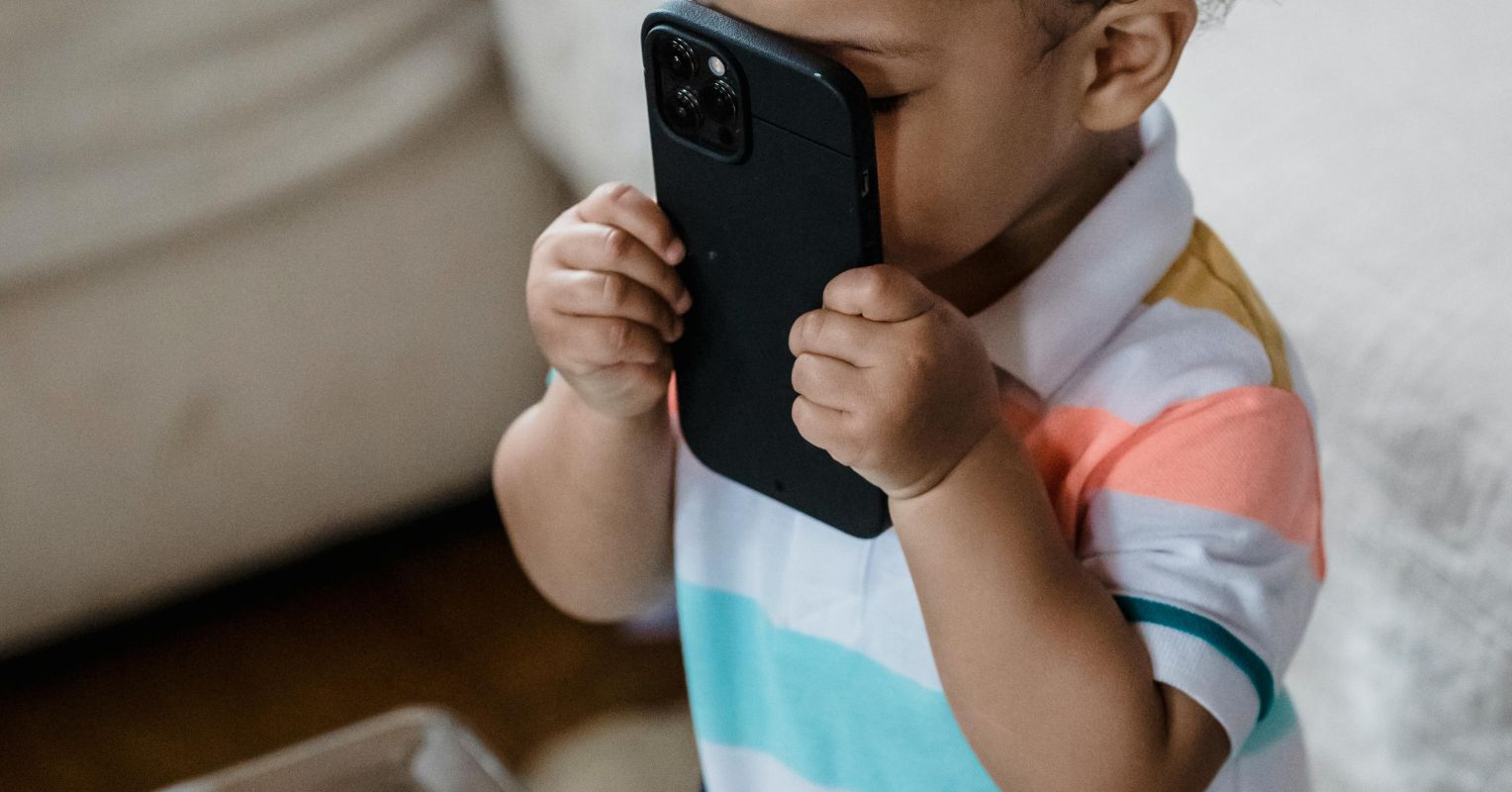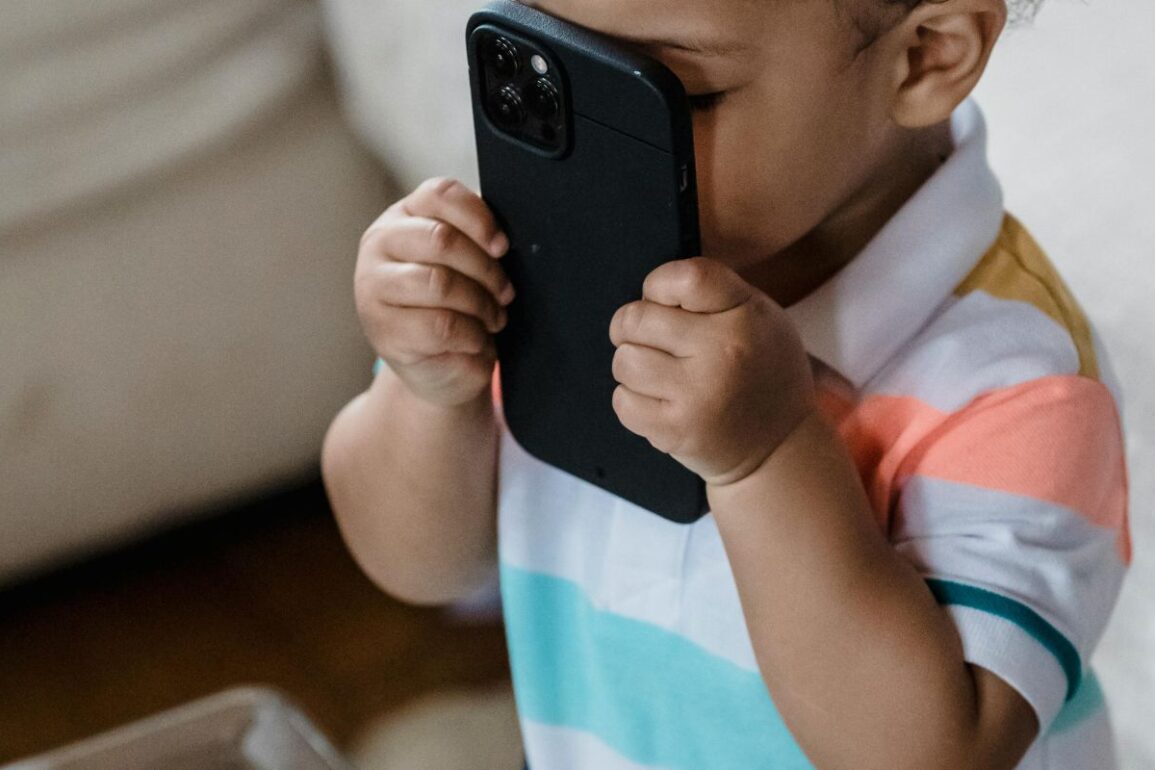
The Australian government, in response to concerns over the online safety of young people, has announced it intends to explore banning social media for people under 16. It is not the only government to suggest such a ban. The European Union and United Kingdom have indicated they may explore such a possibility, and authoritarian regimes, such as Russia and Turkey, regularly implement temporary bans on social media. The French Education Minister has even proposed a sort of “stage theory” of allowable access: under 3, nobody should be exposed to screens; between 3 and 6, all screen access should be supervised by an adult; under 11, nobody should use a mobile device; and under 15, nobody should use social media. None of this is legislated, and the way in which the Australian initiative will be implemented is still subject to concerns and debate. However, the overriding question is this: Will it work to make younger people safer, happier, and healthier?
There is undeniable evidence that social media can do harm. It exposes the young to dangers that would otherwise be less immediately threatening to their safety. It can reduce their psychological well-being, as well as their health through impacts on sleep and exercise. Thus, in some respects, the answers to questions of prohibition are straightforward; even given the positives associated with digital communication, banning social media, like banning smoking or putting your fingers in a meat grinder, would improve safety, health, and happiness. Yet, there is always a concern when the word “ban” is used—it conjures many ethical and political concerns and brings to mind authoritarian, freedom-restricting regimes.
Naturally, digital companies do not like the idea of a social media ban for youngsters, and there have been protests from these corporate giants. Mostly, these protests, and the reasons they cite, can be seen for what they are—purely self-interested smoke screens. And, yet, no matter how attractive that particular spectacle may be for those who have long argued against the use of social media, there are still concerns about banning. These concerns are not just about the practicalities of discovering who is over a particular age—which brings with it the specter of other intrusive legislation, like digital ID cards for proof of age. Beyond these issues, psychological data suggest that banning something impacts people in unexpected and often counterproductive ways; although this is more true of banning something that has been widely adopted previously (like alcohol or social media), than something never in widespread usage (like a designer drug)—which, itself, deserves some exploration.
It is worth examining what is known about the impact of social media bans for younger people. A recent meta-analysis of the impacts of banning social media located five studies on the effects of such a ban for school children.1 This analysis suggested that smartphone bans had a modest, but statistically and practically important, positive impact on social well-being and did reduce issues such as bullying. There was also an improvement in academic behaviours, but this was much less pronounced. It is likely the latter aspect is impacted by many other factors than social media use, but the improvements in well-being are encouraging for those who want to prohibit social media or screen use for the young.
A more in-depth exploration of banning mobile devices from classrooms for high school-aged pupils2 noted that most students reported an increase in their ability to concentrate and felt their academic performance improved. This was ascribed to the removal of the temptation to constantly check their device, which was highly distracting. However, the students also reported that these beneficial effects were much more pronounced when the class or lecture was interesting, which distracted them from wanting to check their mobile device. When the material was dull, these benefits did not occur and perhaps even added to anxiousness about not having their phone.
Reactance
Anxiousness is actually the enemy of effective prohibitions—both in its traditional form of digital withdrawal effects making renewed use more likely, and in the sense that an anxiety about freedom, coupled with experiencing a lack of freedom, produces all sorts of behaviours unwanted by those doing the banning—which may, or may not, be a good thing. “Reactance” to prohibition is psychologically characterised as a state arising when freedom is threatened and mediates the effects of that threat on various outcomes. If a ban is implemented, it should lead to reduced usage, but when there is high reactance (triggered by fears about freedom), then the outcome will be very different.
Reactance explains why so many campaigns against various things fail so miserably (at least, in countries with a history of political freedom). This has been demonstrated many times with many campaigns and threats, such as for smoking, overeating, and drinking alcohol.3 However, what if the very people who use social media do not want to be free and, in fact, use social media because it removes their freedom?4 If this is the case, then it may be that reactance does not apply in the digital context—at least, not to all people, and especially not to those who tend to use social media more.
Self-Regulation
However, probably the most troubling effect of external prohibition is that it leads people to not be able to self-regulate. In a series of studies of the effects of restrictive (prohibiting) parenting on later behaviour,5 it was found people with the most restrictive parents were the most focused on implementing subsequent prohibitions themselves. They also expressed more shame, and demonstrated the least self-regulatory ability when faced with an “immoral temptation” (all of which may give an insight into the parenting of politicians).
This bears relevance to social media, as those who use it most tend to display more attachment problems.6 In the context of cyberbullying, strong self-control reduces the likelihood of such behaviour being emitted, but having experienced authoritarian (restrictive) parenting reduces such self-control, and increases cyberbullying behaviour.7 It may be that placing external controls on behaviour leads to an inability to self-control and self-regulate, which may become especially problematic when the age of digital majority is reached. Certainly, temporary social media bans in Turkey have the impact of producing a rebound in usage, once removed.8
All in all, it may be best to agree with some of the conclusions of a recent viewpoint paper9 that suggested controlling younger people’s social media use is a delicate matter, not best served by ineffective bans but rather by improving their emotional and self-regulation skills. Of course, we know that social media use, itself, reduces these self-regulatory abilities10—making the whole issue very difficult and complex.
This post was originally published on this site be sure to check out more of their content








